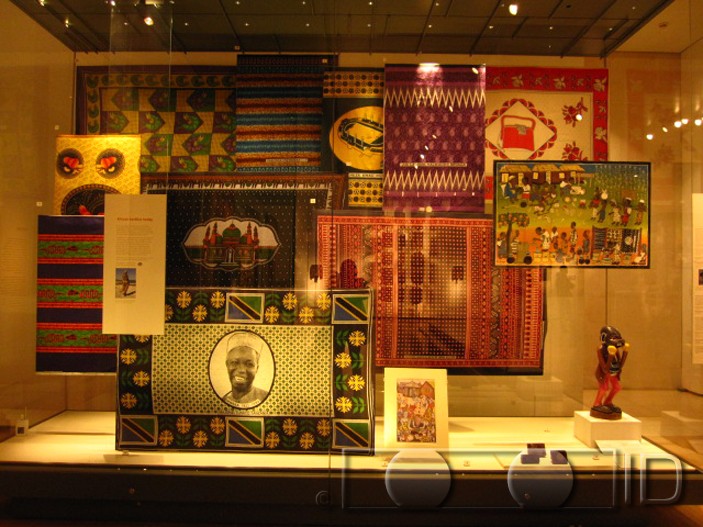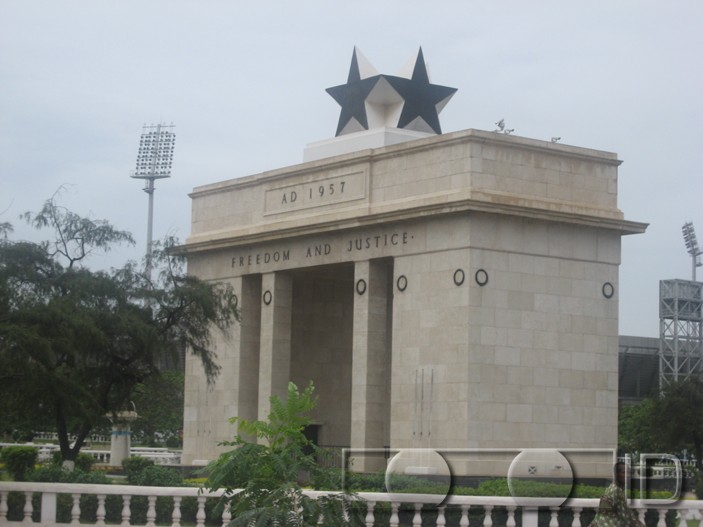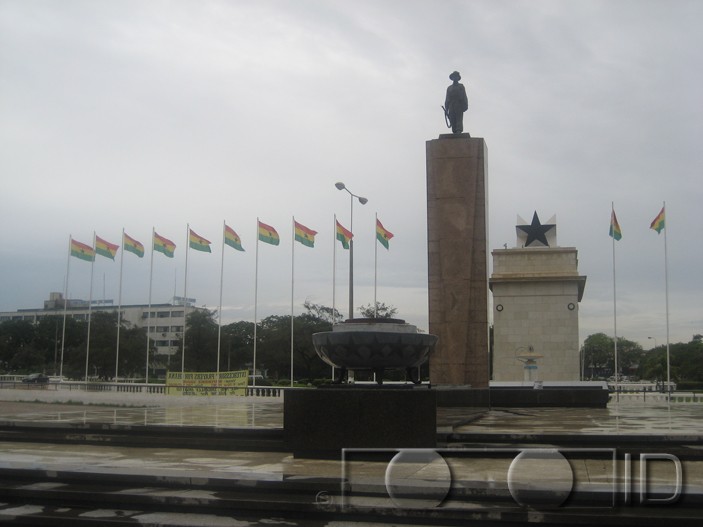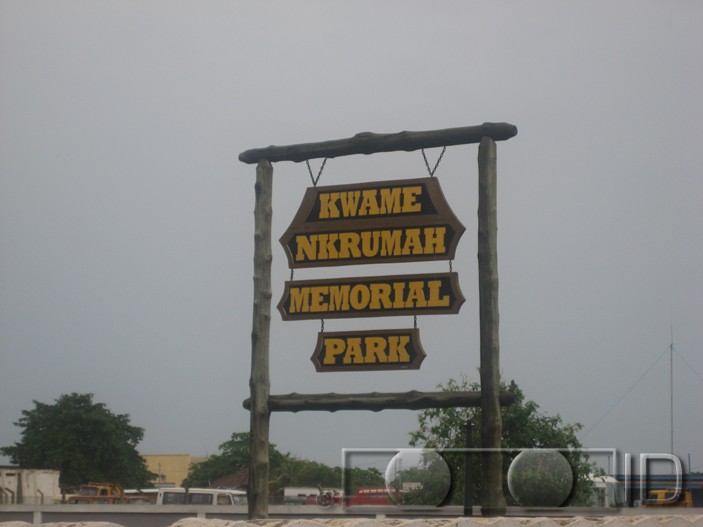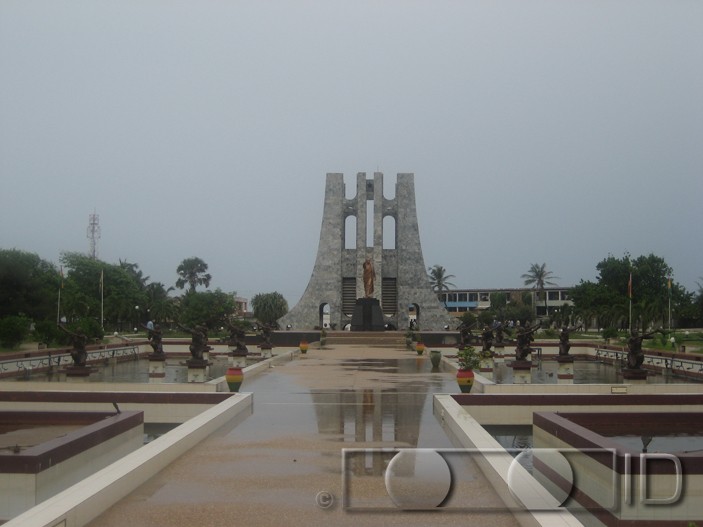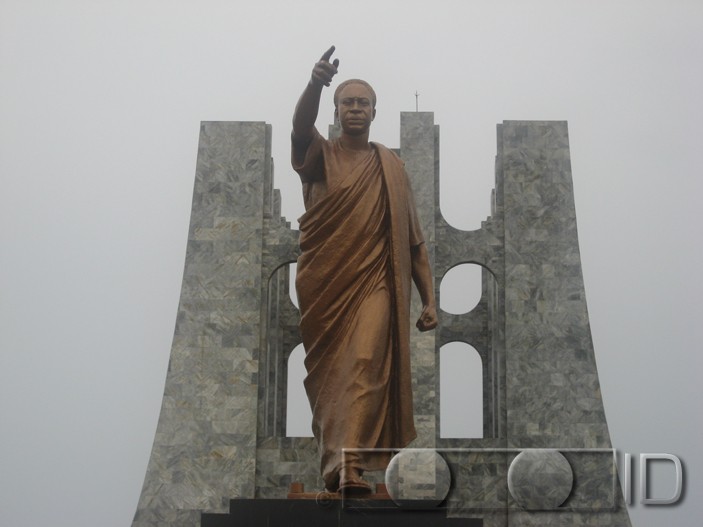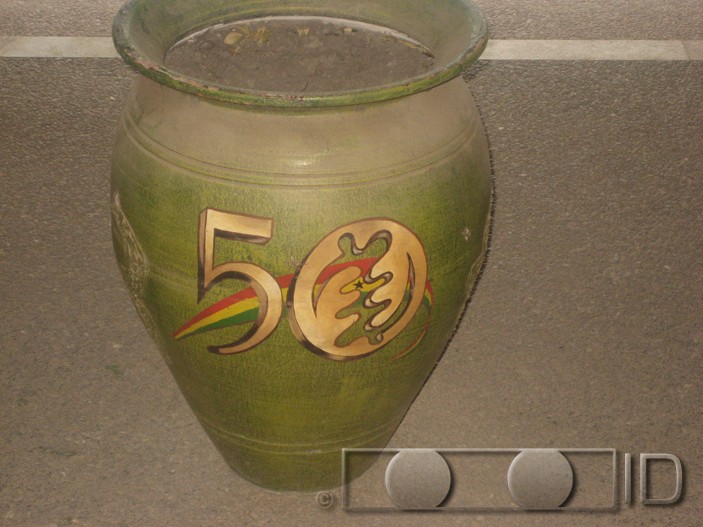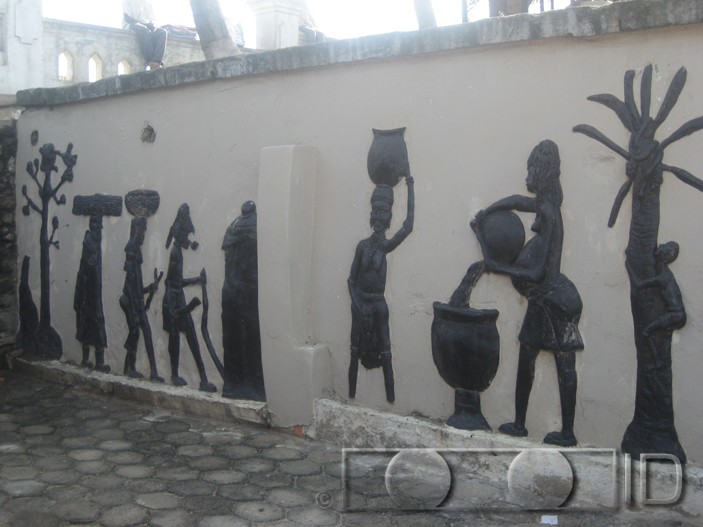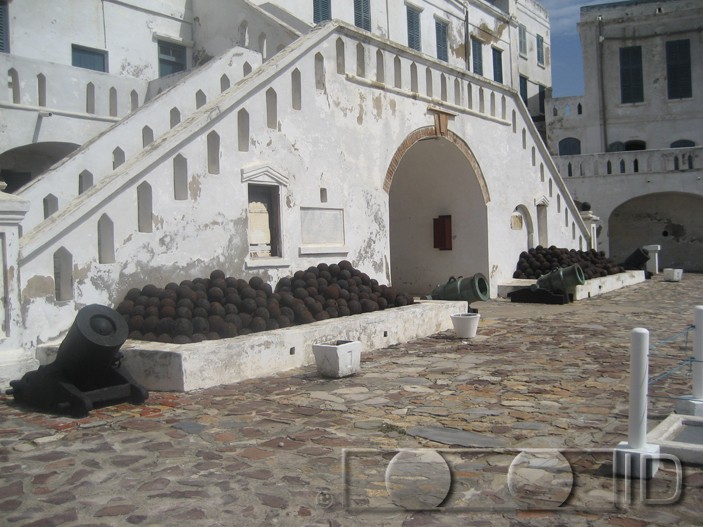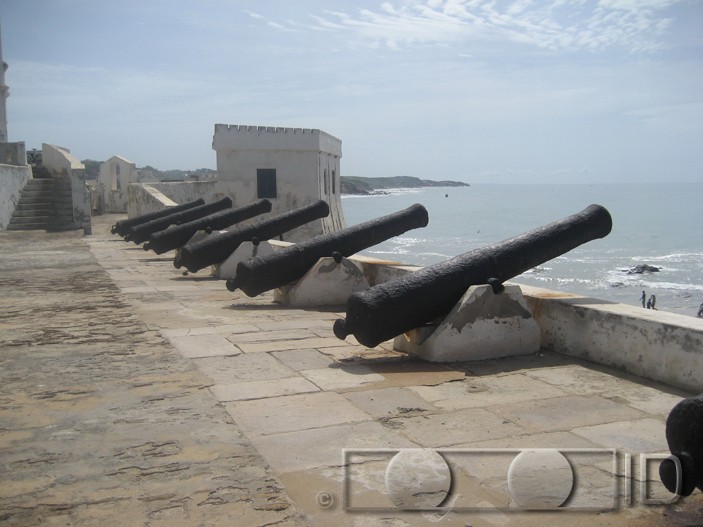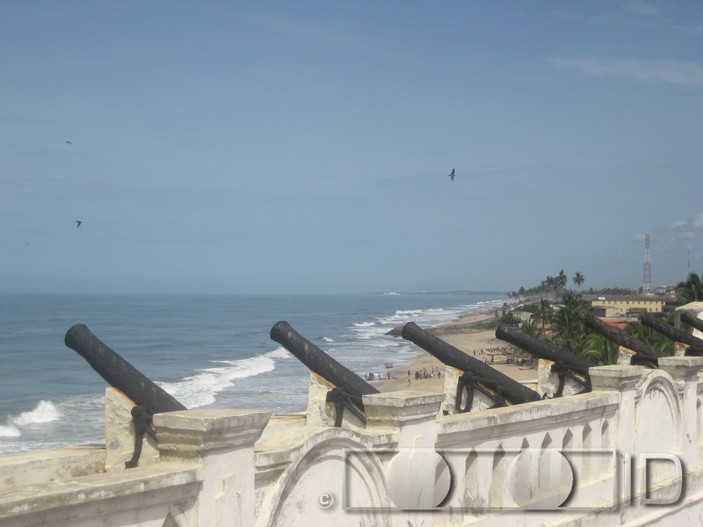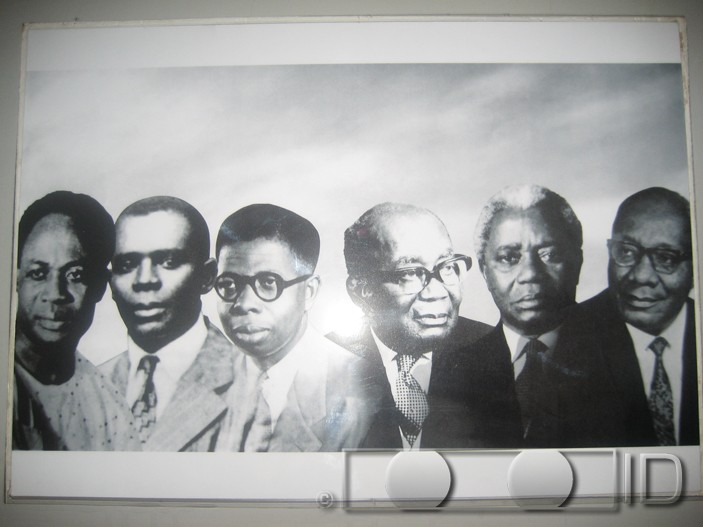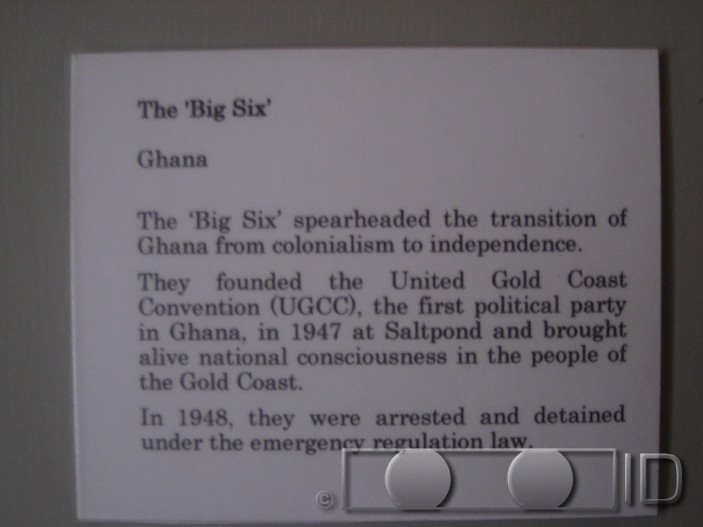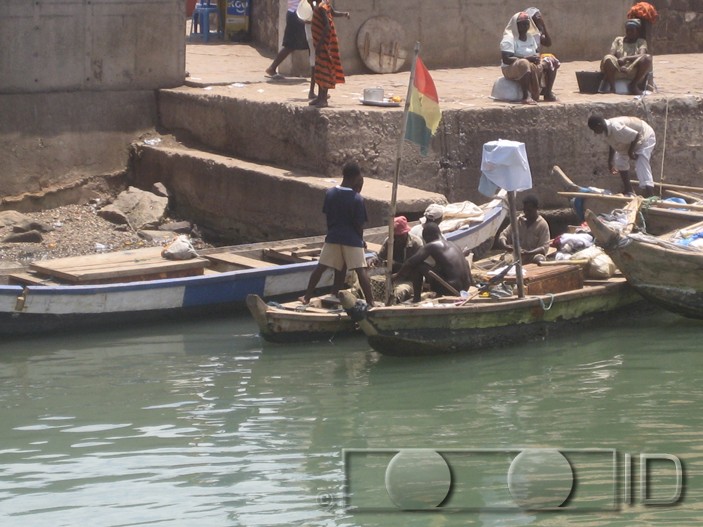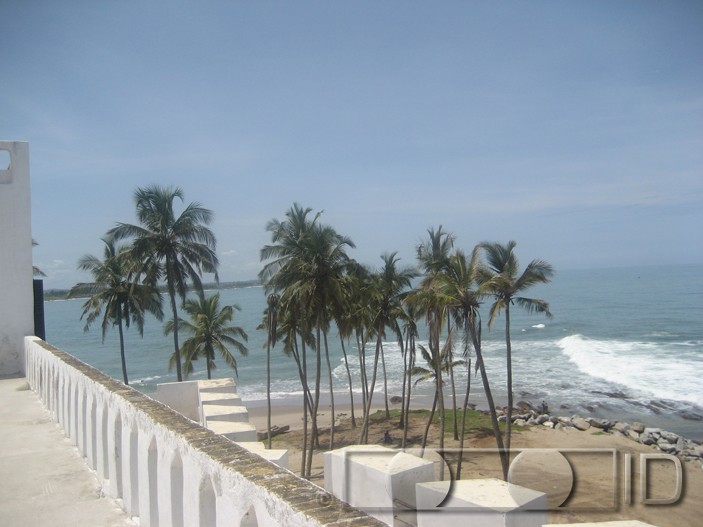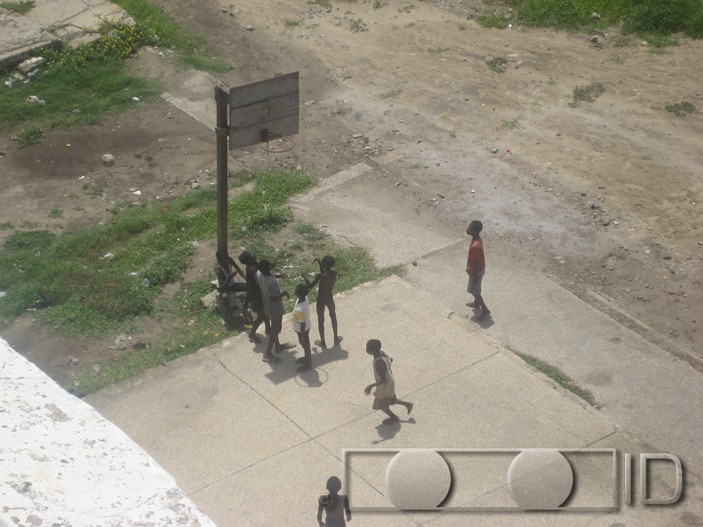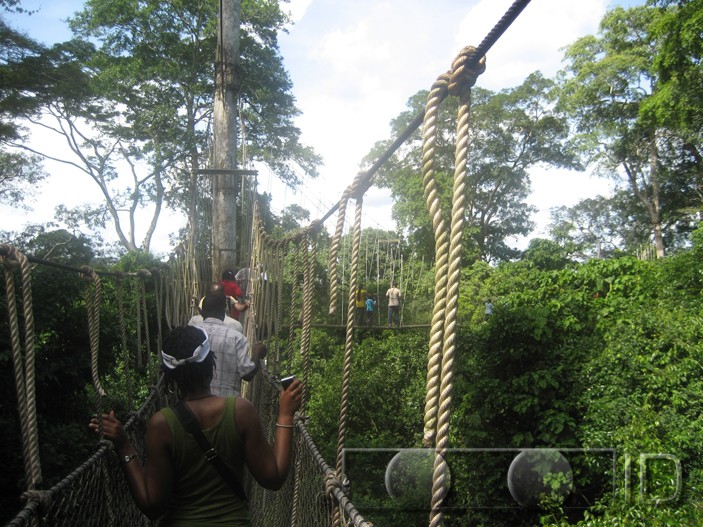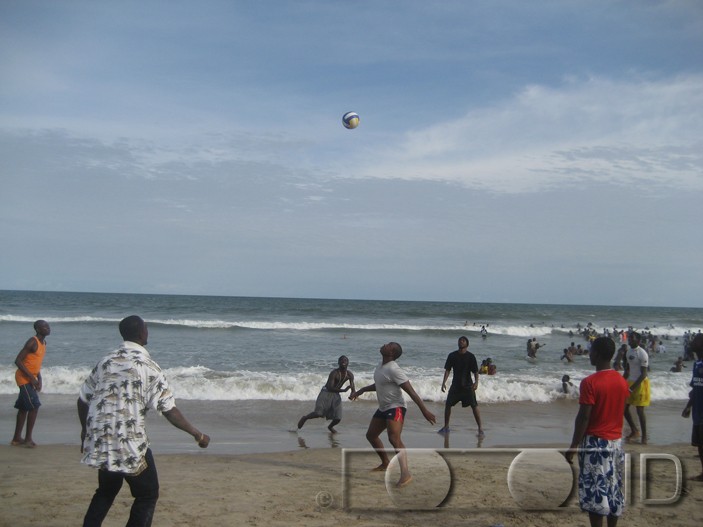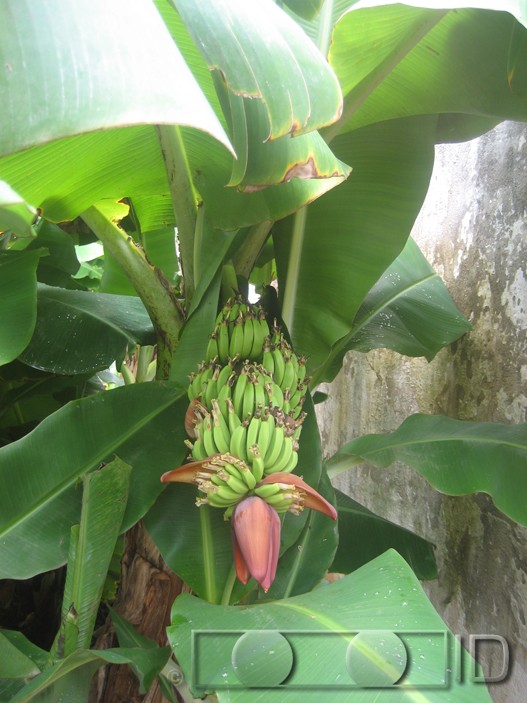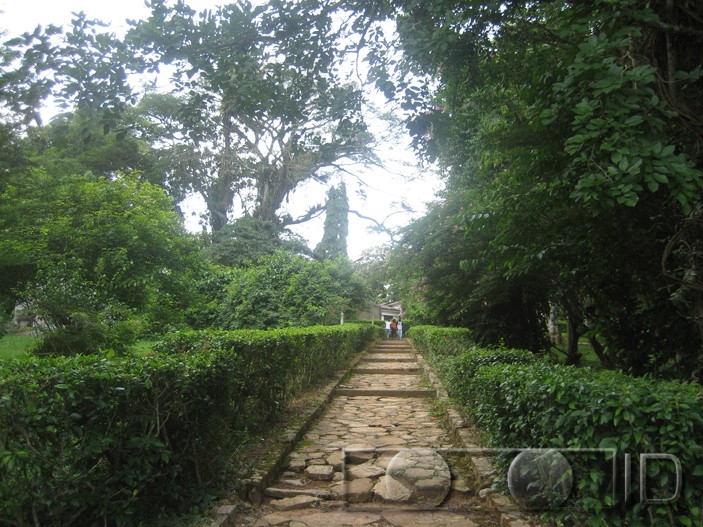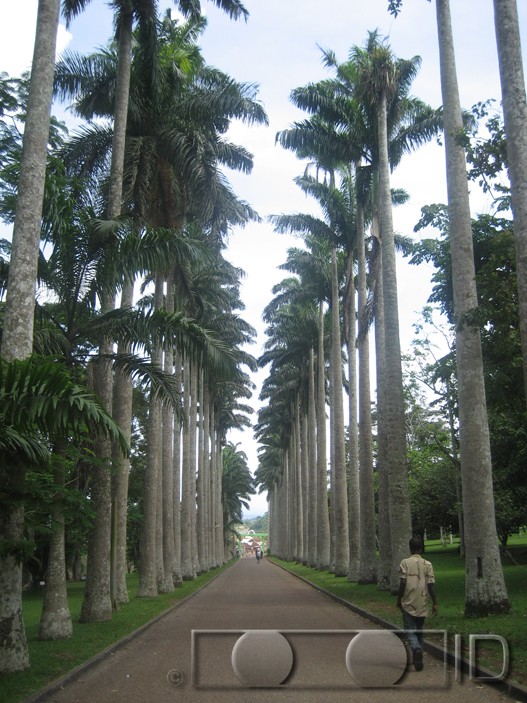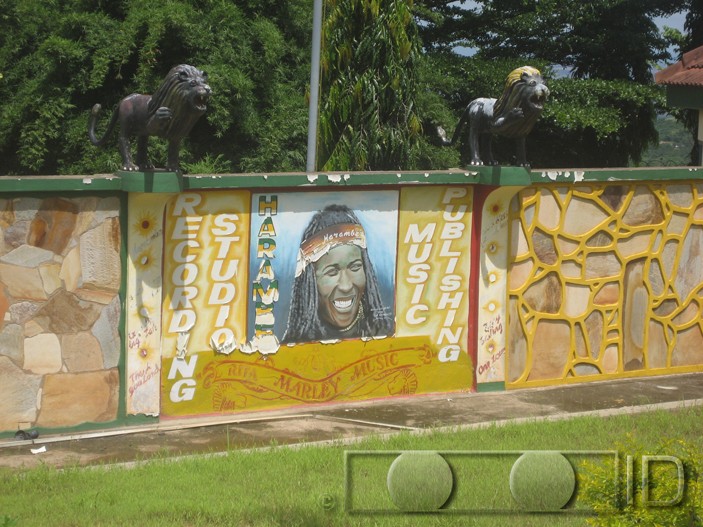When in Ghana, Always Use Protection…
When in Ghana, always be sure to use protection. This is generally good advice no matter where you are in the world, but especially important here. Oh, wait, did you think I was referring to sex?
Viruses are prevalent here—and I’m not only talking about HIV/AIDS! It is likely you will be using an Internet café to communicate with the outside world while you are here (wifi isn’t exactly found everywhere), and hardly any public computers in Ghana use up-to-date antivirus software. So if you will for any reason have to use a flash drive with one of these computers, make sure it is equipped with an antivirus program before you arrive.
Of course, you should use the “other” kind of protection as well. While the HIV/AIDS epidemic is not as bad in Ghana as it is in other countries in Africa, including South Africa, it still infects nearly three percent of the population—perhaps even higher than that in urban areas like Accra. Condoms are readily available in pharmacies, supermarkets and even gas stations.
Conclusion: whether you intend to get up close and personal with a computer or with a person, use protection!
.jpg)





